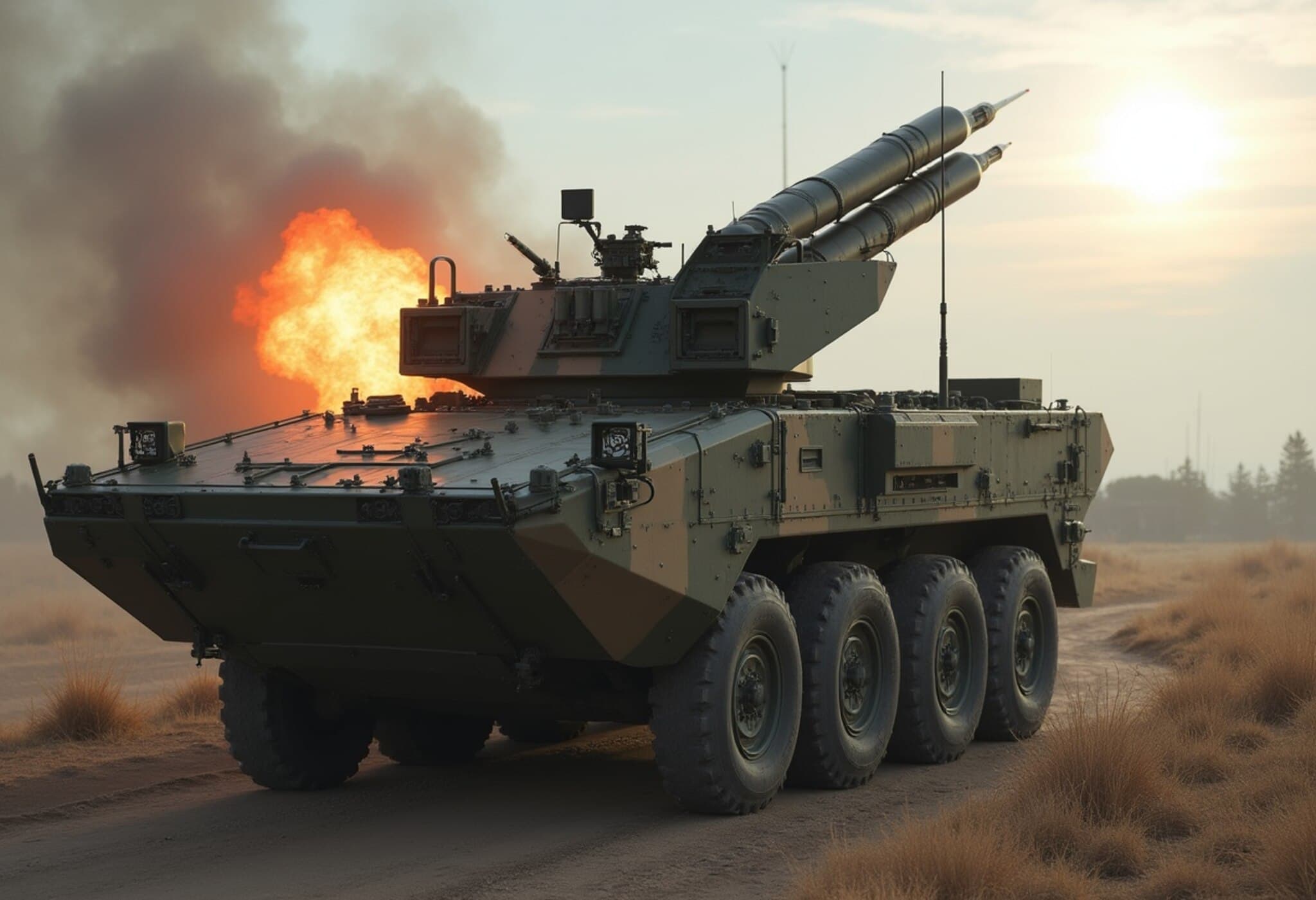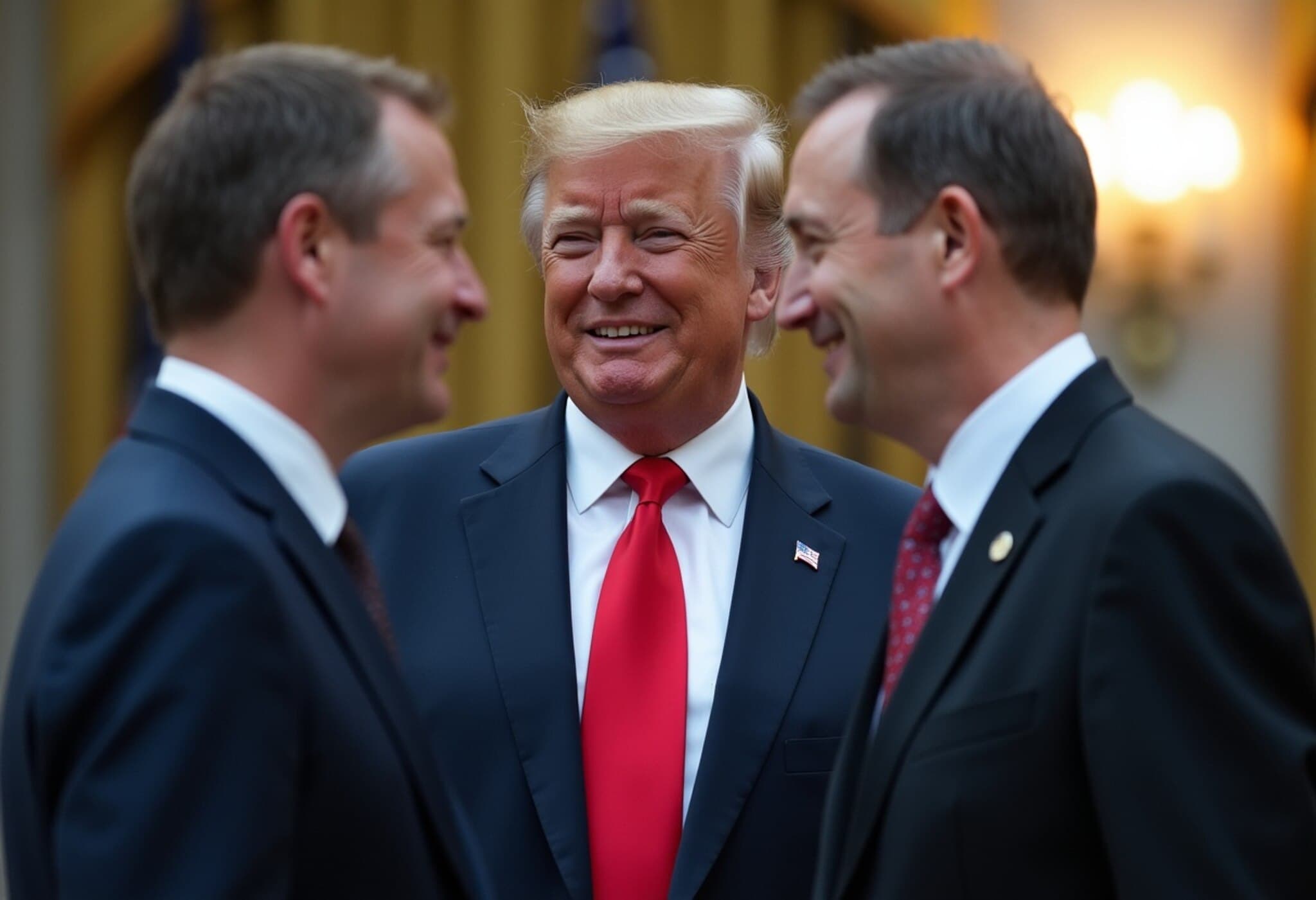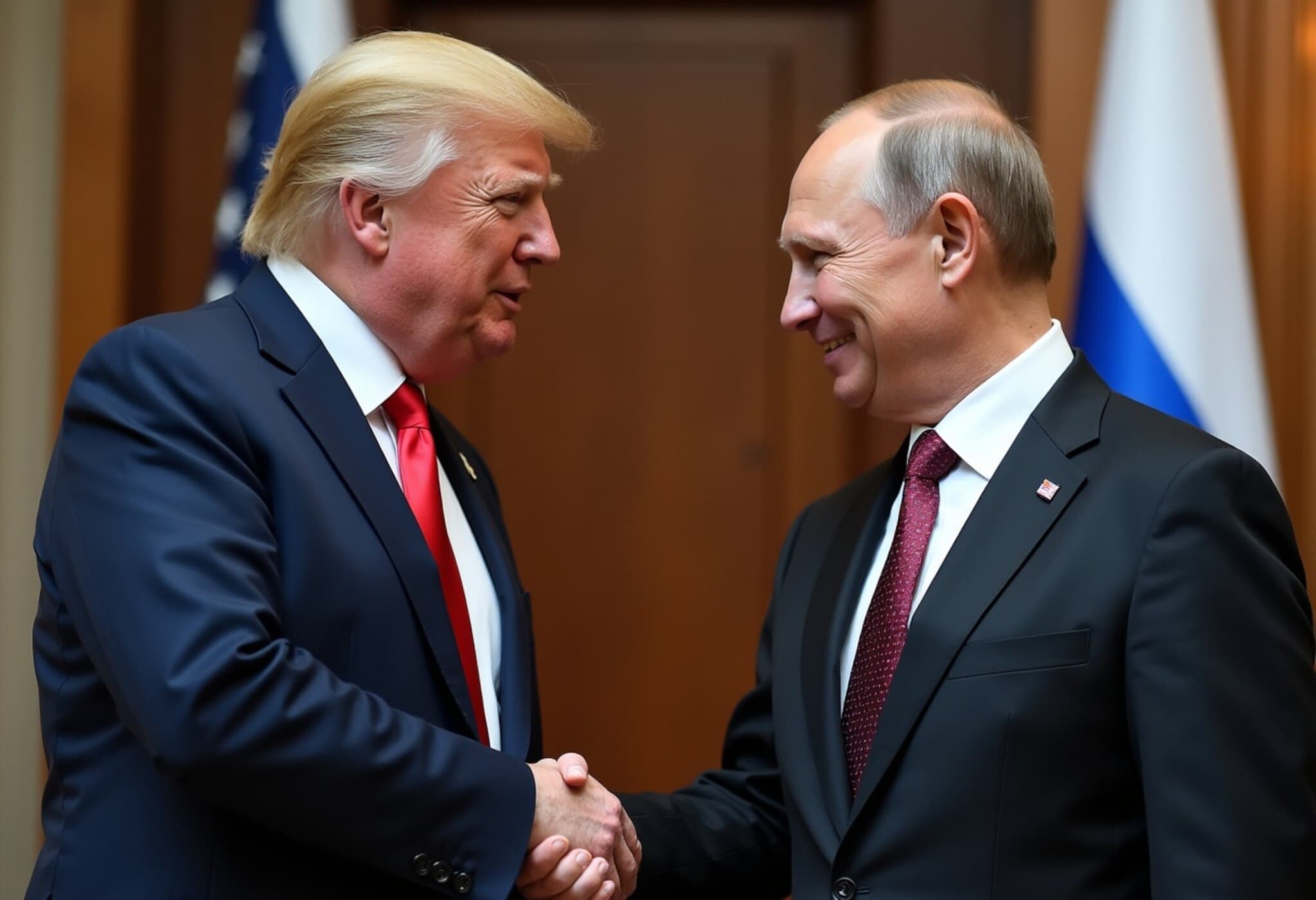Australia and Vanuatu Forge Stronger Security and Economic Alliance
In a significant move that underscores the strategic importance of the South Pacific region, Australia and Vanuatu announced a landmark A$500 million (approximately US$326.5 million) agreement aimed at deepening economic ties and bolstering security cooperation. This pact, dubbed the Nakamal Agreement, represents a milestone in Australia’s renewed commitment to the Pacific amid rising geopolitical competition from China.
Strengthening Partnership in a Shifting Pacific Landscape
On August 13, 2025, officials from both nations gathered on Vanuatu’s island of Tanna to unveil the agreement, highlighting shared interests and mutual security concerns. Vanuatu Prime Minister Jotham Napat emphasized the multifaceted nature of the deal, which extends beyond traditional diplomacy to encompass trade, labor mobility, and disaster resilience.
“The agreement will transpire into a lot of trade benefits between the two countries, whether it be the security agreement, economic transformation, with some specific focus on labour mobility,” Napat stated during the press conference.
Australia’s Deputy Prime Minister and Minister for Defence, Richard Marles, framed the pact as a reflection of a "shared destiny" between neighboring nations. He underscored how the agreement recognizes the intertwined security environment they inhabit and their commitment to mutual cooperation.
Key Components of the Nakamal Agreement
- Economic Cooperation: Investment in sectors fostering trade expansion and labor mobility to enhance people-to-people connections.
- Security Collaboration: Joint efforts to maintain stability in the Pacific, which has seen an increase in strategic contestation.
- Climate and Disaster Resilience: Dedicated funding aimed at climate adaptation and recovery, including support following the devastating December 2024 Port Vila earthquake that tragically claimed at least 14 lives and injured hundreds.
Context: The Growing Influence of China in the Pacific
Vanuatu’s geopolitical landscape is increasingly influenced by China, its largest external creditor, which has extended numerous infrastructure loans over the past decade. These include the construction of prominent government buildings such as the new presidential office inaugurated last year. As China’s presence expands through economic investment and development aid, Australia’s new agreement with Vanuatu is seen as a strategic counterbalance designed to preserve regional stability and uphold democratic governance.
Analysts note that this pact symbolizes more than financial support—it reflects Australia’s broader policy pivot to the Pacific Islands as part of its Indo-Pacific strategy. The deal also aligns with Washington’s interests, as the United States and its allies watch the Pacific become a key arena for influence between liberal democracies and authoritarian models.
Looking Ahead: What Does This Mean for the Pacific?
With the formal signing between Prime Ministers Jotham Napat and Anthony Albanese expected in the coming weeks, the Nakamal Agreement could redefine regional cooperation in the next decade. It offers Vanuatu sustainable economic growth opportunities while positioning Australia as a committed partner invested in the island nation’s sovereignty and development.
Moreover, the emphasis on labor mobility could address chronic workforce shortages and foster cultural exchange, cementing deeper ties between the countries.
Expert Perspective
Dr. Lydia Marshall, a Pacific affairs specialist at the Lowy Institute, remarked, "This agreement is a clear signal that Australia recognizes the Pacific Islands not just as neighbors but as strategic partners. The multifaceted approach balancing security, economic growth, and climate resilience is what sets it apart from previous aid packages."
She further added that the pact’s success will depend on transparent governance and equitable implementation to ensure local communities benefit directly, a challenge in a region wary of external influence.
Editor’s Note
The Nakamal Agreement arrives at a critical juncture in Pacific geopolitics, where economic aid and security cooperation converge with the region’s urgent climate resilience needs. While Australia’s financial and strategic commitment is a welcome development for Vanuatu, it raises important questions about the Pacific Islands’ agency amidst competing global powers. How will Vanuatu balance these external engagements while safeguarding its sovereignty and environmental future? As the agreement unfolds, close attention to local voices and transparent implementation will be vital for shaping a more resilient and self-reliant Pacific.











